

Menopause treatment focuses on relieving your signs and symptoms and preventing or managing chronic conditions that may occur with increasing age. If your menopause symptoms bother you, talk to your doctor.
Hormone therapy
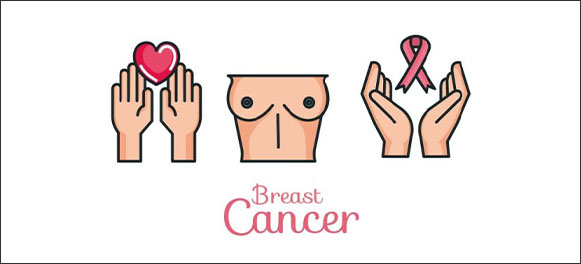
Hormone therapy is also known as estrogen plus progesterone therapy. It is the most effective treatment option for relieving moderate to severe hot flushes. It is the only food and drug administration (FDA)-approved treatment for hot flushes.
Hormone therapy if used for a long term may have some risks of heart disease and breast cancer. If you have a history of breast cancer, blood clots, and abnormal bleeding from uterus, your doctor may prevent you from taking hormone therapy.
Hormone therapy if used for a long term may have some risks of heart disease and breast cancer. If you have a history of breast cancer, blood clots, and abnormal bleeding from uterus, your doctor may prevent you from taking hormone therapy.
Estrogen can also be administered directly to your vagina using a vaginal cream, tablet, or ring if you are experiencing vaginal dryness.
This will help you to keep a healthy moisture balance. It can also relieve urinary symptoms and discomfort during sex. Vaginal estrogen may be a safe option when certain risk factors prevent you from taking estrogen pills. Talk to your doctor for further treatment options.
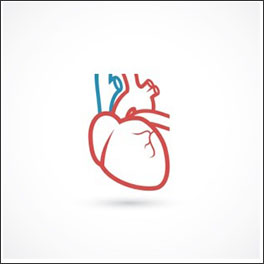
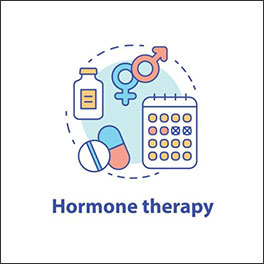

Antidepressants
If you cannot take estrogen due to various health reasons, a low-dose antidepressant maybe useful for the management of hot flushes.
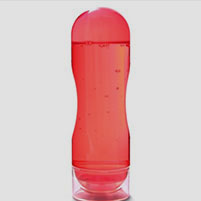
Vaginal lubricants and moisturizers
Many vaginal lubricants and moisturizers are available. You can use water-based vaginal lubricants or a vaginal moisturizer to get relief from dryness. Consult your doctor to know the best treatment options for you
Herbs for treating menopause
Some herbs may help you fight menopause symptoms. These include:
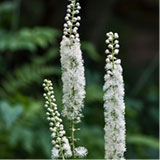
Black cohosh
Black cohosh is one of the most popular and the longest-studied natural remedy for hot flush. It may relieve hot flushes and improve your mood.

Ginseng
Ginseng is a herb used for its therapeutic benefits and it may be used to treat menopausal symptoms like fatigue, sleep disorders, and depression.
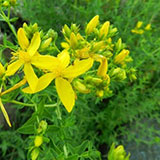
St. John's Wort
St. John's wort is among the most heavily studied herb for the treatment of depression. It is often combined with black cohosh for the treatment of menopausal symptoms like hot flushes, irritability, minor depression, mood swings, and inability to sleep. St. John's wort might interact with other medications and cause serious side effects. Thus, make sure you ask your doctor before taking it.
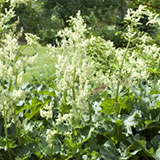
ERr 731 for the treatment of menopause
The risks of hormone therapy may limit the range of effective measures available for the treatment of menopause symptoms. The special extract ERr 731 from the roots of rhapontic rhubarb (Rheum rhaponticum) has been used for the treatment of menopause symptoms in both the permineopause and postmenopause stage. In menopausal women, the recommended therapeutic dose of ERr 731 is 1 tablet per day (4mg extract). Study shows that the dose is quick and effective in reducing both the frequency and severity of menopausal symptoms. It significantly decreases the frequency and severity of hot flushes. ERr 731 appears to be a safer option for long-term use as compared to the other treatment options including hormone therapy that can be used only for limited, short-term for symptoms that can last for years. Thus, ERr 731 may be an effective alternative to ultra-low-dose hormone therapy, especially when hormone therapy is not recommended during perimenopause. In Germany and US it is an over-the counter medication. Good news is that it is now available in India but as prescribed medication.
Herbs for treating menopause
Since hormone therapy has various risks associated with it, you may reject it and opt for alternative sources to get relief from menopause symptoms. Some of them include

Vitamin D
Vitamin D is essential for menopausal women as it promotes healthy bones, normal growth of cells, and hormone balance. Your doctor may prescribe vitamin D supplements or a diet rich in vitamin D.

Acupuncture
Acupuncture can relieve your menopause symptoms. It can restrict the occurrence of hot flushes. Acupuncture combined with better nutrition can help you manage weight gain. If you are experiencing depression and anxiety, acupuncture may help relieve symptoms. It is important that you visit a licensed practitioner. In case you have a bleeding disorder, talk to your doctor before you try acupuncture for menopause symptoms.

Yoga
Relaxation and stretching techniques may help you stabilize your mood and improve your over-all health. It may help you calm your mind and stay positive. It can also helpto relieve the irritability and depression caused by menopause. Practicing techniques that work best for you can also help reduce your menopause symptoms like hot flushes and fatigue.
Note : Before deciding on any form of treatment, consult your doctor about the appropriate options and the risks & benefits of each treatment.


